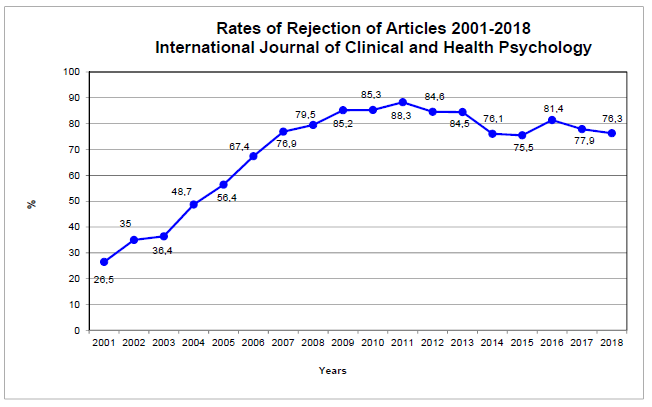In this study we examined the relationship between gender, age, religion, neuroticism, extraversion, openness to experience, and obsessiveness on one side and the frequency and content of sexual cognitions experienced as being positive/pleasant or negative/unpleasant on the other. The sample was made up of 1,500 individuals (42.8% men and 57.2% women) aged between 18 and 72 years. Results indicated that all the socio-demographic variables as well as the traits neuroticism, openness to experience, and obsessiveness were important in the prediction of the overall frequency of positive sexual cognitions. Age and neuroticism, openness to experience, and obsessiveness were found to be significant in the prediction of the overall frequency of negative sexual cognitions. When considering the content of sexual cognitions (i.e., intimate, exploratory, sadomasochistic, and impersonal), all the socio-demographic variables and the trait openness to experience were found to be significantly related to all types of positive sexual cognitions. Neither socio-demographic variables nor personality traits were significantly associated with the content of negative sexual cognitions. Overall, this study highlights the weakness of the predictive value of personality traits on sexual cognitions, especially those experienced as being negative. We discuss the usefulness of classic personality traits in predicting sexual aspects.
Se examinó la relación del género, edad, religión, neuroticismo, extraversión, apertura y obsesividad con la frecuencia y contenido de los pensamientos sexuales experimentados de modo positivo/agradable o de modo negativo/desagradable. Se evaluó una muestra de 1.500 sujetos (42,8% hombres y 57,2% mujeres) con edades entre 18 y 72 años. Los resultados indican que las variables sociodemográficas y los rasgos neuroticismo, apertura y obsesividad son importantes en la predicción de la frecuencia global de pensamientos sexuales positivos. En la predicción de la frecuencia total de pensamientos sexuales negativos resultaron relevantes la edad y los rasgos de neuroticismo, apertura y obsesividad. Al considerar el contenido de los pensamientos sexuales (íntimos, exploratorios, sadomasoquistas e impersonales), se encontró que todas las variables sociodemográficas y sólo el rasgo apertura se asociaron a una mayor frecuencia de los cuatro tipos de pensamientos sexuales positivos. Ninguna variable sociodemográfica ni de personalidad resultó estar significativamente relacionada con el contenido de los pensamientos sexuales negativos. En general, se destaca que el valor predictivo de los rasgos de personalidad sobre los pensamientos sexuales es débil, especialmente para aquellos que se experimentan de modo negativo. Se discute la utilidad de los rasgos de personalidad tradicionales en la predicción de dimensiones sexuales.





